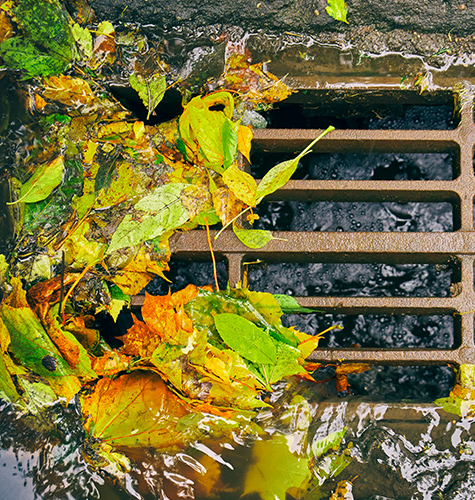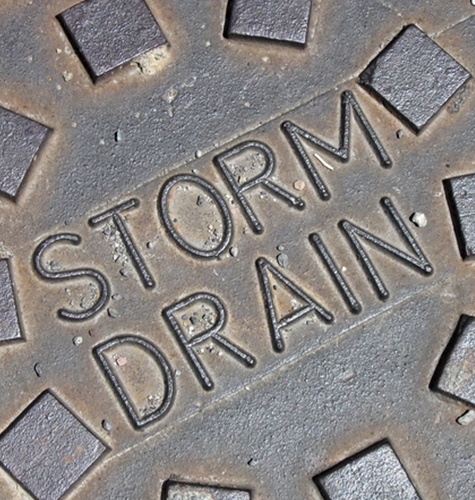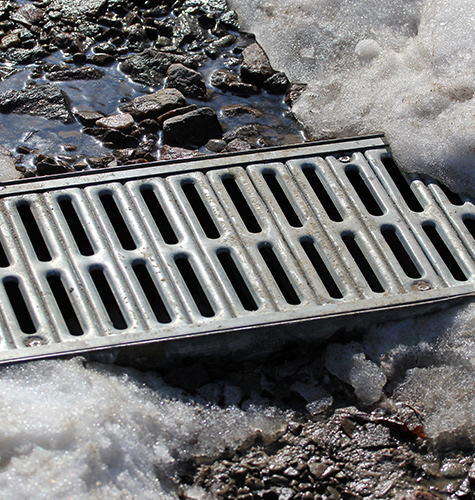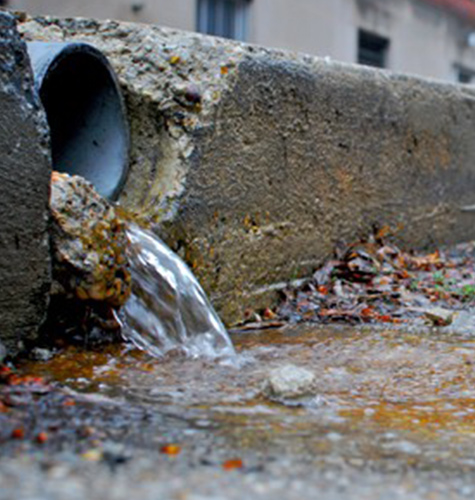View our most recent fact sheet: Minimum Control Measure (MCM) #5 – Do You Know Where Your Stormwater Basins Are?
Stormwater runoff from rainwater or melting snow transports pollutants into the stormwater system and ultimately into our local streams. Roads, parking lots, driveways, and rooftops prevent water from soaking into the ground. Instead, a large amount of stormwater goes directly into our streams. Because this stormwater runoff is not cleaned or filtered, many of our streams are polluted.
Stormwater can pick up sediment and harmful nutrients such as phosphorus and nitrogen, which in high levels can have toxic effects on animal, plant, and human life. Planting warm-season grasses and other native plants can help to filter these pollutants out before going into our streams.
Pennsylvania’s MS4 Program was developed to help reduce the negative effects of stormwater pollution. Together, we can all do more to improve local water quality.
Municipalities are required to have an inventory of all public and private stormwater facilities installed as part of an NPDES Permit since 2003, and to make sure they are in good working order. Here are some steps to help with compliance:
• Develop a written inspection program outlining the process and schedule.
• Conduct stormwater facility inspections on a regular basis.
• Consider additional inspections for any stormwater best management practices that are not functioning or have not been maintained.
• Inspectors should have general knowledge of how these facilities work to control runoff and provide water quality benefits.
Feel free to use the fact sheet and any other materials on this page in any communication or educational outreach to local residents and business owners.
You cannot protect the environment unless you empower people, you inform them, and you help them understand that these resources are their own, that they must protect them.
~Professor Wangari Maathai
If you have other ideas you’d like to see us address in our MS4 educational tools, please contact us!




